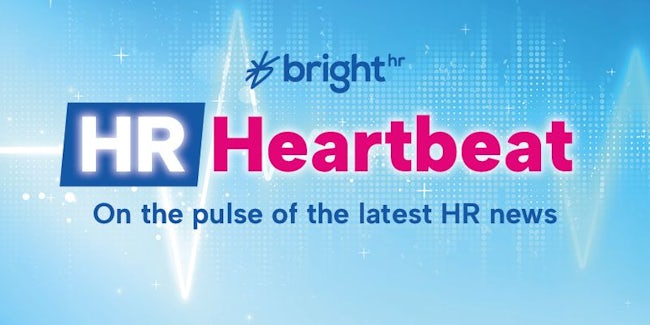BrightHR blog
Featured posts
Employee wellbeing
Six ways of combatting stress at work
Stress is a common causes of long-term absence. So, how do you combat stress in your workforce?
Thursday, Apr 11, 2024
Industry news
HR Heartbeat: Young workers “out of pocket”, essential carer’s leave advice, and…
Get your HR headlines in a hurry and stay on top of the latest employment insights
Tuesday, Apr 09, 2024
Industry news
Spring into HR efficiency: Transform your business this season and beyond
Shed the weight of outdated practices this spring and enjoy streamlined, secure, and smart HR management with BrightHR.
Thursday, Mar 28, 2024
Industry news
An employer’s guide to April’s changes: Flexible working requests
In April new rules came into place about flexible working— how is your business managing the changes?
Tuesday, Mar 26, 2024
Time management
Spring forward, don’t stumble! Employer tips for managing the daylight saving time change
When the clocks go forward an hour coming Sunday 31st March millions will be working a night shift. And so, what happens when 1am suddenly becomes 2am?
Thursday, Mar 21, 2024
Management talk
5 best HR practices for supporting employees during Ramadan
Learn how these best HR practices create a thriving and supportive environment for your Muslim employees this Ramadan, so they feel valued and do their best work.
Thursday, Mar 07, 2024
Join our BrightHR newsletter
Every month we’ll send you the latest HR news and BrightHR product updates straight to your inbox. Just enter your email and hit the sign up button to get started...


